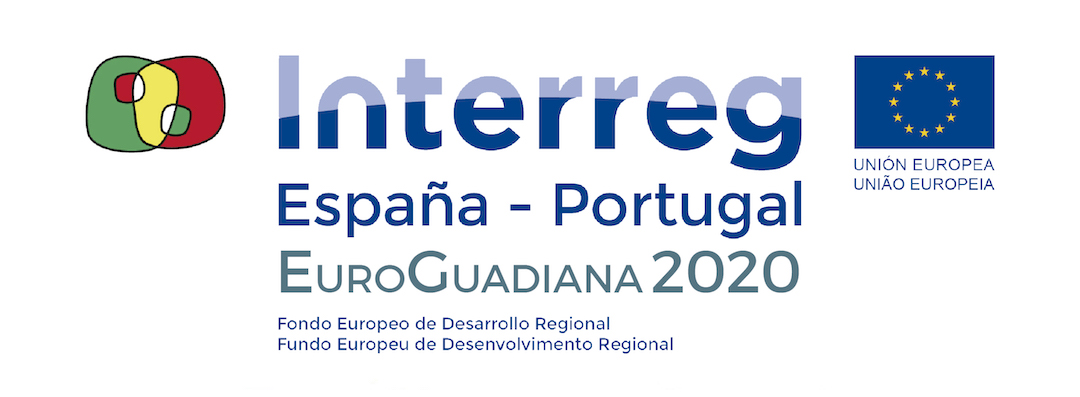

Turning the Eurocity of Guadiana (EuroGuadiana) into a more accessible and inclusive destination is a fundamental objective of the EuroGuadiana 2020 project, funded by the ERDF through the Interreg V-A Spain Portugal Programme.
At least 2 seminars are scheduled to take place. One will be on Monday, September 21, from 10:30 to 12:30 (in Spanish and Spanish time zone). The second will be on Wednesday. September 23, from 10:30 a.m. to 12:30 p.m. (in Portuguese and Portuguese time zone).
The Eurociudad del Guadiana has proposed among its main objectives to promote among its tourism entrepreneurs the current potential that accessibility has in the framework of this sector.
The Eurocity joins one Spanish municipality (Ayamonte) and two Portuguese ones (Vila real de Santo António and Castro Marim). It is an example of how cross-border cooperation can improve people’s lives.
Thus, it wants to celebrate European Cooperation day by drawing attention to the values of inclusion and cooperation.
To this end, it is planning the launch of training initiatives and free consulting in both Spanish and Portuguese.
The main reference entities in the sector on both sides of the border, the State Representative Platform of People with Disabilities -PREDIF- and Accesible Portugal, will take part in the initiative.
For the Eurocity, accessibility in tourism is not only a matter of social responsibility but also a business opportunity.
“Tourists with accessibility needs travel throughout the year reducing seasonality and are more ‘loyal’ to their choice”, they argue. “They also spend up to 28 percent more to meet their special needs during their stays at the destination”.